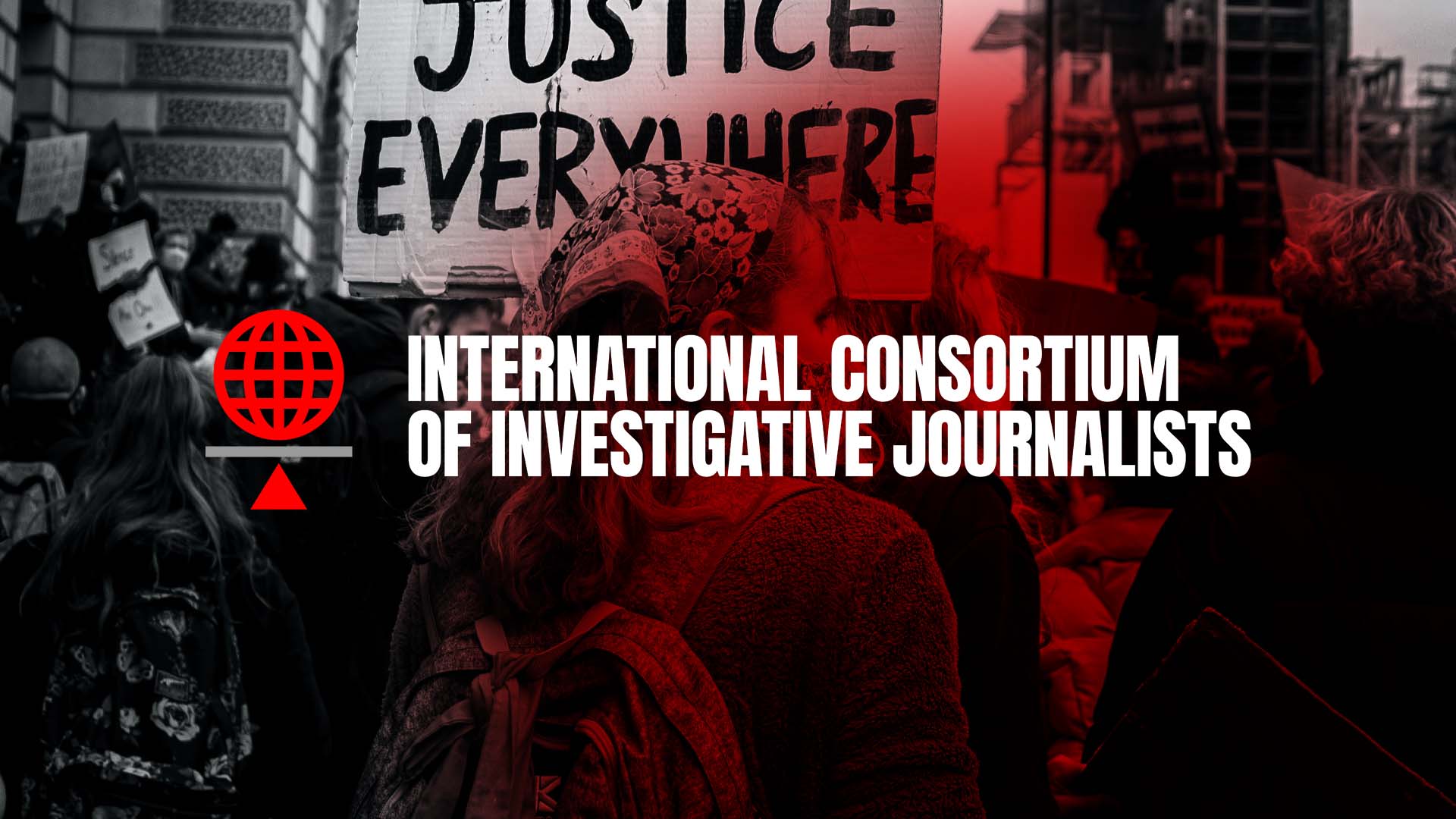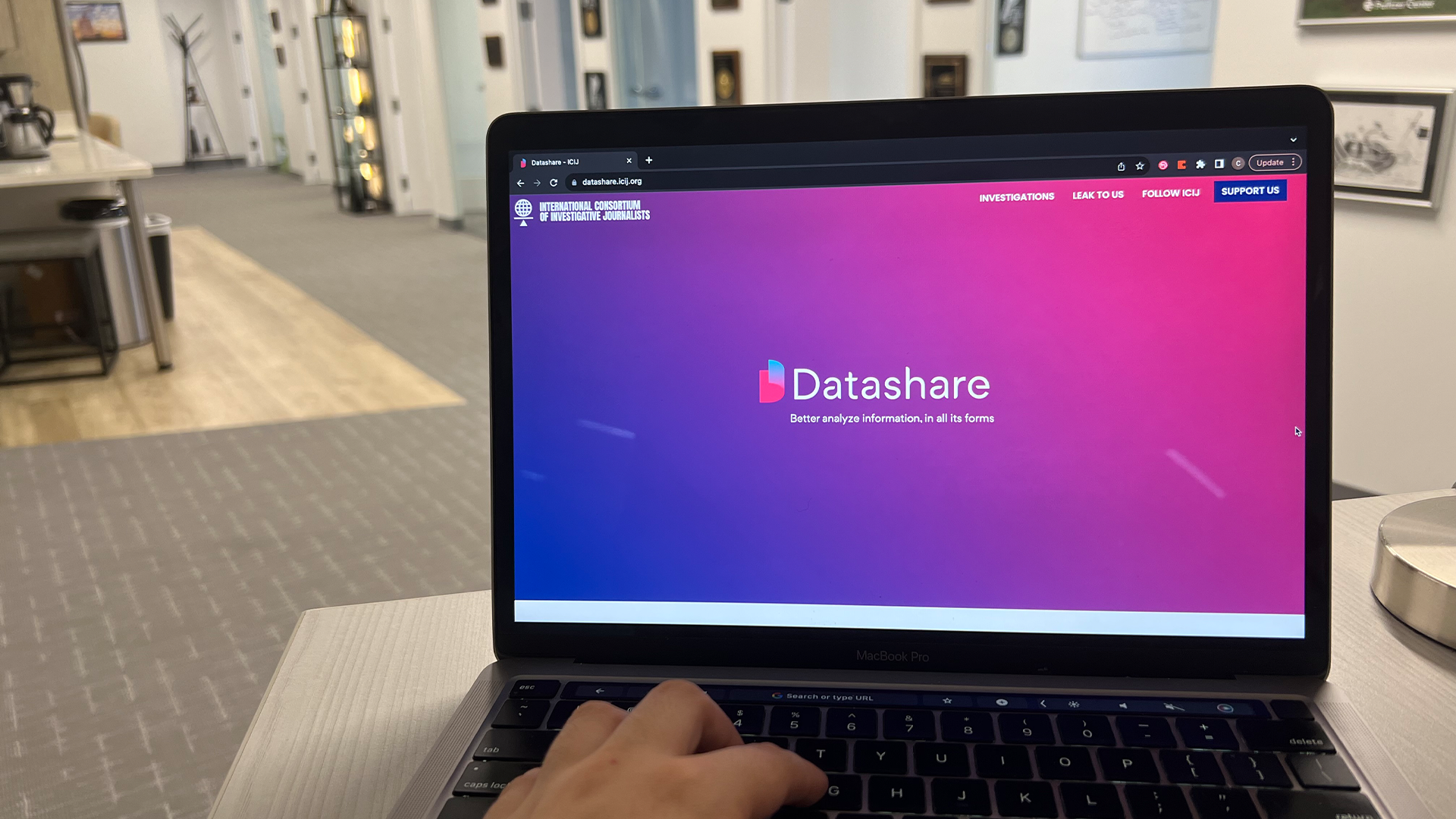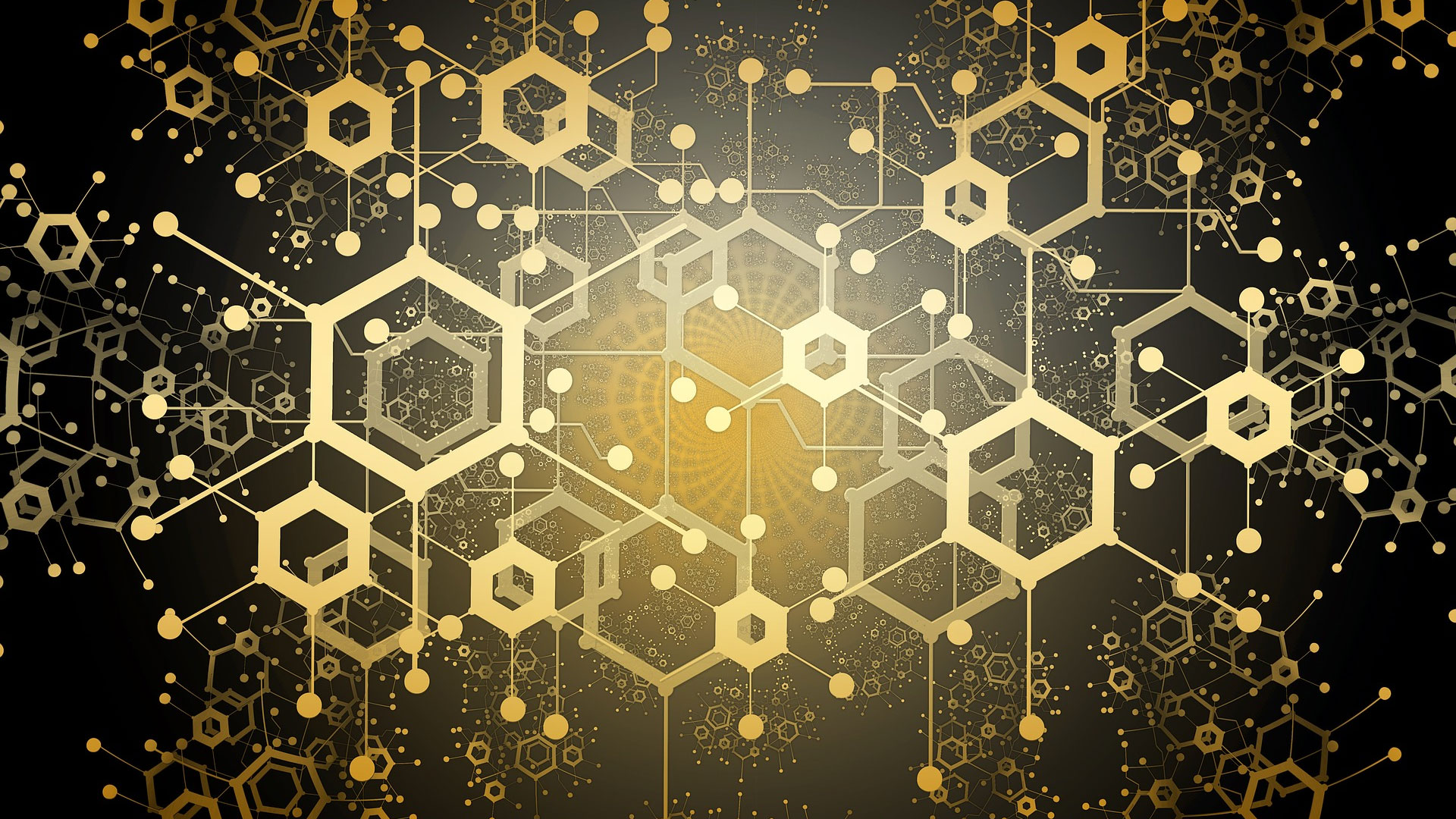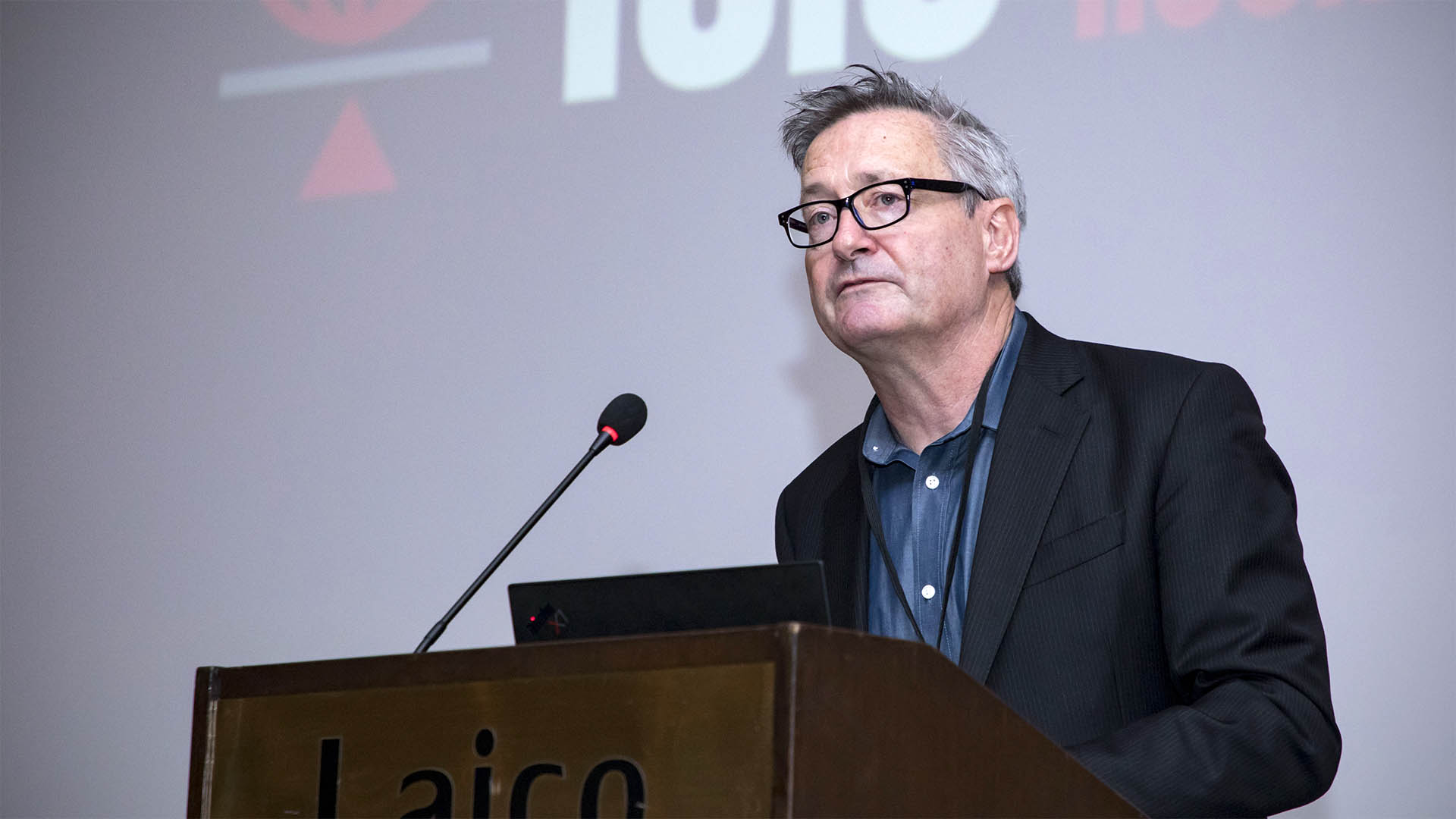In a year marked by rapid advances in generative artificial intelligence, the International Consortium of Investigative Journalists has joined with sixteen journalism organizations from around the world to forge a landmark ethical framework for addressing challenges posed by the transformative technology.
Initiated by Reporters Without Borders and spearheaded by journalist and Nobel Peace Prize laureate Maria Ressa, the Paris Charter on AI in Journalism was finalized in November during the Paris Peace Forum. The charter provides guidelines for responsible journalism practices.
“The fast evolution of artificial intelligence presents new challenges and opportunities,” said Gerard Ryle, executive director of ICIJ and a member of the coalition. “It has unlocked innovative avenues for analyzing data and conducting investigations. But we know that unethical use of these technologies can compromise the very integrity of news.”
Those challenges are what inspired Reporters Without Borders to convene the commission. The goal: to create a set of ethical principles to safeguard the integrity of information and preserve journalism’s role as AI transforms the industry.
“AI exacerbates what is already an existential moment for journalism,” said Ressa, founder of the Filipino online news website Rappler and an ICIJ member.
To truly benefit humanity, technological innovation must be steered by ethics, Ressa said.
With concerns about deepfakes and disinformation on the rise, the charter sets an ethical foundation for an approach to AI that prioritizes human ethics and journalistic responsibility.
Christophe Deloire, secretary-general said the charter addresses the need for a sound and widely recognized ethical foundation.
The charter comprises 10 guiding principles that call for transparency, human agency in editorial decisions, ethical decision-making around technology, transparency and accountability.
The Paris Charter on AI and Journalism
We, as representatives of the media and journalism community, acknowledge the transformative implications of artificial intelligence (AI) for humanity. We champion global cooperation to ensure AI upholds human rights, peace and democracy, and aligns with our shared aspirations and values.
- Journalism ethics guide the way media outlets and journalists use technology.
- Media outlets prioritize human agency.
- AI systems used in journalism undergo prior, independent evaluation.
- Media outlets are always accountable for the content they publish.
- Media outlets maintain transparency in their use of AI systems.
- Media outlets ensure content origin and traceability.
- Journalism draws a clear line between authentic and synthetic content.
- AI-driven content personalization and recommendation upholds the diversity and the integrity of information.
- Journalists, media outlets and journalism support groups engage in the governance of AI.
- Journalism upholds its ethical and economic foundation in engagements with AI organizations.



